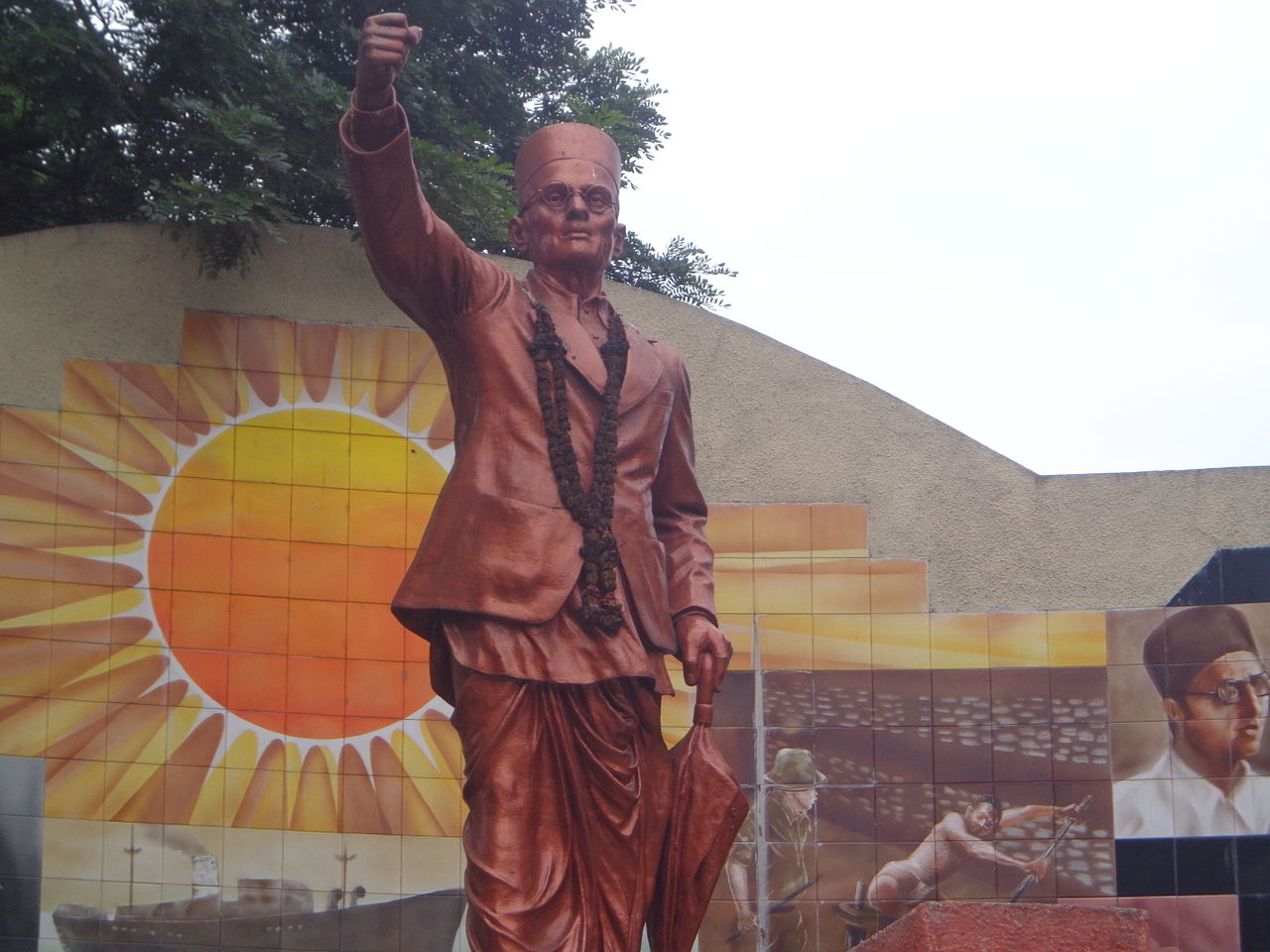VINAYUK CHATURVEDI & JAMES ROBERTSON

The far-right ideology of Hindutva has gained frightening currency under Indian leader Narendra Modi. But in order to combat it, we first have to understand Vinayak Damodar Savarkar — the man who originated the violent ideology.
In December 2018, the prime minister of India, Narendra Modi, took a trip to the colonial-era Cellular Jail in the Andaman Islands. The prison was a notorious institution under British rule and housed hundreds of anti-colonial activists. Modi, a member of the Hindu nationalist Bharatiya Janata Party (BJP), was there to pay tribute to one former prisoner in particular: Vinayak Damodar Savarkar.
Savarkar is a divisive figure in contemporary Indian politics. A founding thinker of the ideology of Hindutva, he is the intellectual forebear of the hardline nationalism that today animates the ruling BJP. At the same time, his promotion of violence and his virulent anti-Muslim views placed him at odds with much of the political establishment of post-independence India.
With the BJP’s rising political fortunes, many of Savarkar’s once marginal ideas have drifted from the periphery of right-wing politics into the mainstream.
To better understand the man whose thought has come to have such a hold on contemporary Indian politics, I met with Vinayak Chaturvedi, associate professor of history at the University of California Irvine. A scholar of South Asia, Chaturvedi’s first book explored the tension between peasant politics and Indian nationalism on the questions of land and labor in Gujarat. But it is his forthcoming book, an intellectual history of Savarkar, that I was most interested in discussing.
JR What inspired you to take up the figure of Savarkar?
VC The political reason for thinking about the project occurred to me when I was finishing my first book, which was centered on central Gujarat. This was the locality in which, in 2002, massive riots took place, which were described as “anti-Muslim pogroms.” Approximately 150,000 Muslims were displaced, an estimated 1–2,000 Muslims were killed, there were allegations of state involvement in the violence, and so on.
Jacobin for more
